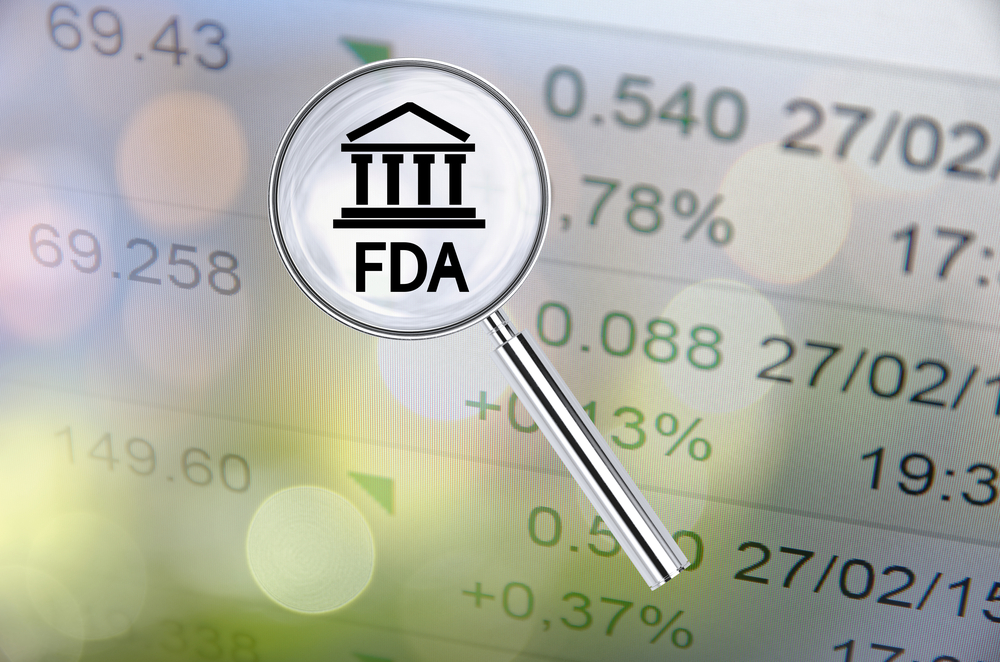FT-4202 Granted FDA Fast Track, Rare Pediatric Disease Designations for SCD
Written by |

FT-4202, a potential disease-modifying oral treatment for sickle cell disease being developed by Forma Therapeutics, has been given fast track and rare pediatric disease designations by the U.S. Food and Drug Administration (FDA).
A fast track status is meant to accelerate the development and review of the treatment, facilitating discussions with the FDA and enabling the therapy to qualify for priority review and accelerated approval, provided that certain criteria are met.
Under the rare pediatric disease program, if FT-4202 is approved for sickle cell disease (SCD), Forma may qualify for a priority review in subsequent marketing applications.
“These designations for Forma’s lead clinical asset underscore the FDA’s continued recognition of the needs of patients with SCD,” Frank Lee, the company’s CEO, said in a press release.
“With more than 100,000 individuals living with SCD in the U.S., and with relatively few treatment options, we believe significant unmet medical needs persist,” he added. “These FDA designations give Forma the opportunity to accelerate the development of a new treatment for people impacted by SCD.”
FT-4202 is a small molecule activator of pyruvate kinase-R (PKR) designed to reduce anemia and vaso-occlusive crises in people with SCD.
PKR is a key metabolic enzyme that plays an important role in maintaining the health of red blood cells, and reducing the levels of 2,3-diphosphoglycerate (2,3-DPG). The red blood cells of SCD patients have higher levels of 2,3-DPG — a byproduct of cellular metabolism that decreases the ability of hemoglobin to bind oxygen.
By increasing PKR activity, FT-4202 is thought to lower the levels of 2,3-DPG, potentially helping hemoglobin hold on to oxygen longer and reducing the sickling of red blood cells — a hallmark of SCD.
FT-4202 also increases the levels of adenosine triphosphate (ATP) — the “fuel” that supplies energy to cells — inside red blood cells, improving their overall health and survival.
Together, these effects are anticipated to increase hemoglobin levels (lessening anemia) and reduce the frequency of painful vaso-occlusive crises, Forma says.
In addition, FT-4202’s mechanism may allow for early intervention in pediatric patients as preclinical studies have shown that it did not interfere with steroid hormone regulation, an important biological process for sexual development.
Forma is currently investigating the safety, pharmacokinetics (bioavailability and distribution in the body), and pharmacodynamics (the agent’s action in the body) of FT-4202 in a first-in-human Phase 1 trial (NCT03815695).
The study will evaluate the safety and pharmacological properties of single or multiple oral doses of FT-4202, first in healthy volunteers and then in SCD patients. Currently recruiting SCD patients in the U.S., the trial is expected to conclude in September 2020; contact and location information is available here.
Data from the first group of healthy volunteers dosed — 32 subjects who received a single oral dose of FT-4202, or a placebo; and 48 who received multiple oral doses of FT-4202, or a placebo, for 14 days — revealed that FT-4202 had a favorable safety and tolerability profile, with most adverse side effects being mild in severity.
Analyses also confirmed that FT-4202 increased the levels of ATP and reduced those of 2,3-DPG in healthy red blood cells.
The company plans to launch a clinical trial in the next year to collect more robust data that may help support the therapy’s approval.


